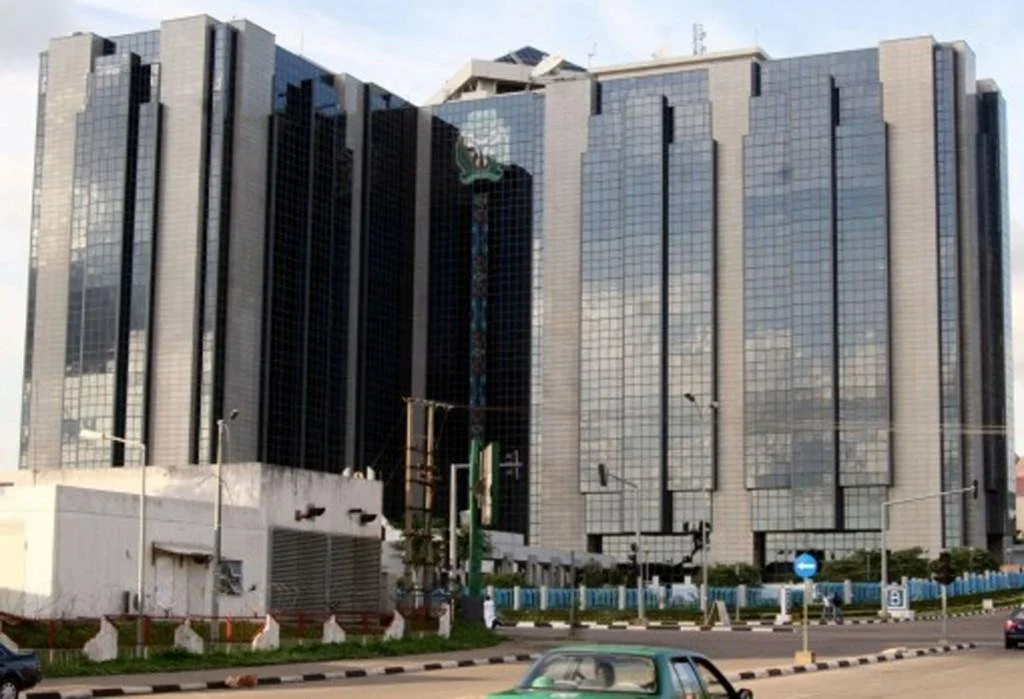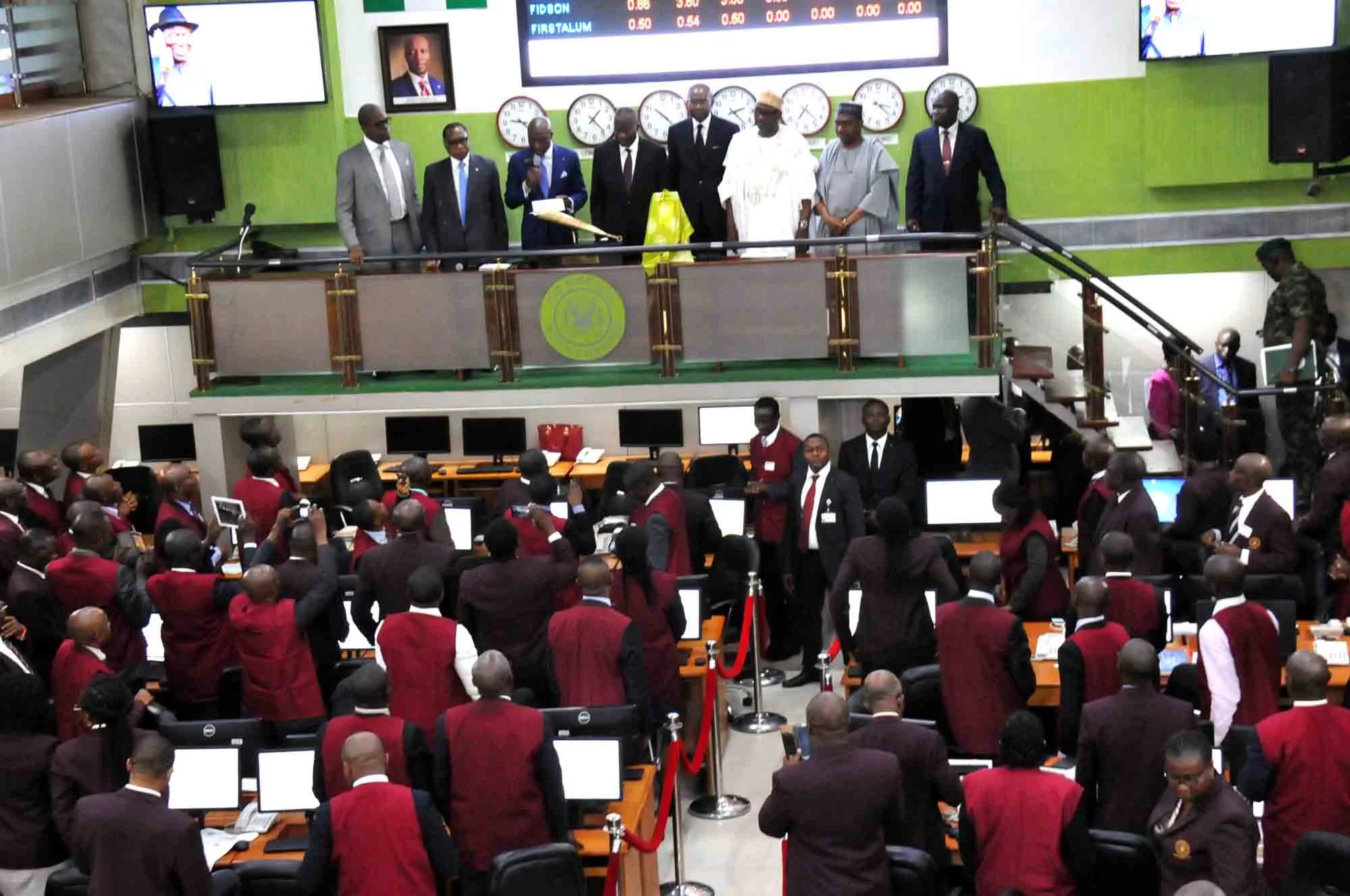MTN, Julius Berger top in capital market’s N248bn loss
Last week proved to be a riveting journey for investors in the Nigerian equity market, characterized by notable fluctuations and significant developments across various sectors. In this comprehensive recap, we delve into the intricate details of the market's performance, shedding light on the factors driving both gains and losses.
The week commenced on a challenging note as equity market investors grappled with losses amounting to approximately N248 billion. This downturn was primarily attributed to declines suffered by key players such as Julius Berger, MTN Nigeria, and PZ Cussons. The market's woes continued in the initial three trading days, culminating in a staggering total loss of N469 billion. However, the latter half of the week witnessed a remarkable turnaround, with Thursday and Friday recording gains of N74 billion and N147 billion, respectively.
Despite these fluctuations, the All-Share Index experienced a marginal decline of 0.42 per cent week-on-week, settling at 104,647.37 points. Notably, amidst the market's oscillations, there was a discernible surge in interest towards financial stocks, fueled by recent developments surrounding the Central Bank of Nigeria's efforts to clear foreign exchange backlogs.
The Central Bank's proactive measures aimed at attracting foreign investors and ensuring currency stability played a pivotal role in shaping market sentiment. This concerted effort led to the strengthening of the local currency against the dollar, providing a conducive environment for investors to navigate through prevailing uncertainties.
Trading activities witnessed a slight contraction, with a total turnover of 1.74 billion units of shares valued at N48.76 billion exchanged in 45,237 deals. Notably, the financial services industry emerged as the frontrunner in terms of volume and value, followed closely by the conglomerate and consumer goods sectors.
Sectoral performance exhibited a mixed bag of outcomes, with most sectors experiencing gains, albeit with a few exceptions. The banking, insurance, industrial, and oil & gas sectors demonstrated resilience, buoyed by favorable market dynamics. However, the consumer goods index recorded a marginal decline of 0.37 per cent, primarily attributed to adverse price movements in PZ Cussons following regulatory disapproval regarding its buyout plan for minority shareholders.
Amidst the market's volatility, individual stocks witnessed a diverse array of movements. Notable gainers included Juli, NEM Insurance, and International Energy Insurance, while others grappled with depreciation.
Looking ahead, market participants are bracing themselves for the release of audited reports by additional banks, alongside the scheduled Monetary Policy Committee meeting. The outcomes of these events are poised to shape investor sentiment and influence market dynamics in the forthcoming days.
In conclusion, last week's rollercoaster ride in the Nigerian equity market underscored the resilience and adaptability of investors in the face of evolving economic conditions. As we navigate through the intricacies of volatility, staying abreast of market developments and maintaining a strategic outlook will be imperative for making informed investment decisions in the Nigerian equity landscape.







